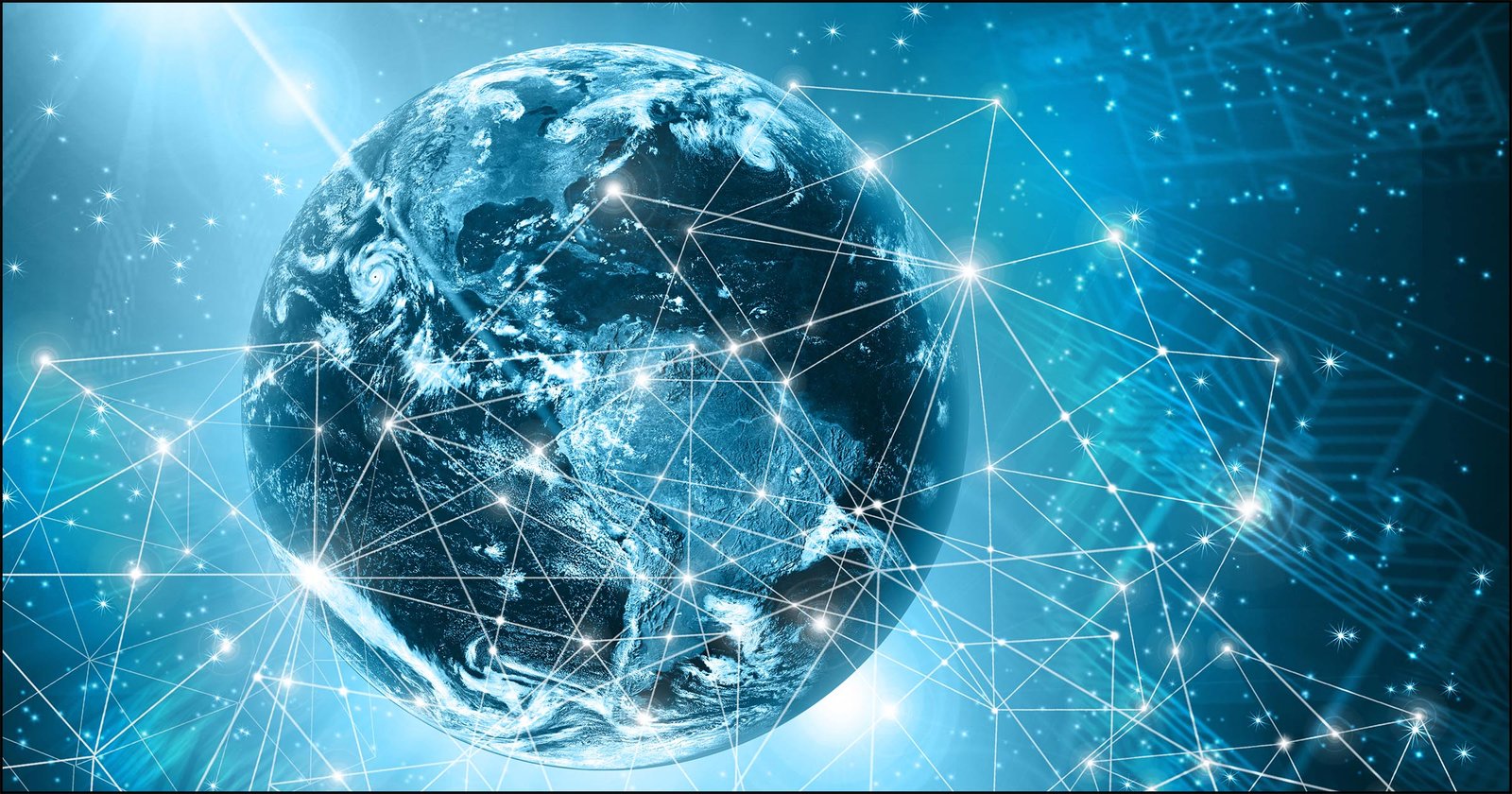As the global superpowers, the United States and China, engage in pioneering artificial intelligence (AI) advancements, experts issue stark warnings about the potential repercussions of any collaborative agreements between the two nations. These warnings underscore the complex interplay of technological leadership, national security, and geopolitical dynamics that frame US-China relations in the era of AI.
Key Highlights:
- A recent UK-hosted AI safety summit saw the US and China, among other nations, back a deal to collaborate on managing potential AI threats in a “safe, responsible way”.
- The US has extended a historic science and technology agreement with China, amidst debates over the benefits and risks of such collaboration.
- Amidst growing rivalry, the US faces a crucial decision on whether to renew, expire, or renegotiate the U.S.-China Science and Technology Agreement (STA), raising concerns about empowering a competitor that may not adhere to the same rules.

The backdrop of this narrative is a recent AI safety summit, where the US and China, alongside other countries, pledged to address potentially “catastrophic” risks associated with AI, including cybersecurity, biotechnology, and misinformation. This move, while aimed at fostering global cooperation, has raised eyebrows among those wary of China’s intentions and its track record with technology and human rights.
The extension of the US-China science and technology agreement, a legacy of diplomatic ties established in 1979, has further accentuated these concerns. This agreement has historically facilitated a boom in academic and commercial exchanges, contributing to China’s rise as a technological and military powerhouse. However, it has also been scrutinized for potentially enabling Beijing’s alleged appropriation of US scientific and commercial achievements.
Critics argue that renewing such agreements could jeopardize American research and intellectual property, pointing to China’s strategic ambitions and its approach to international norms and laws. The debate encapsulates a broader dilemma: whether the benefits of engaging with China in science and technology outweigh the risks of bolstering a geopolitical competitor.
These developments come at a time when the technological competition between the US and China is intensifying, particularly in the field of AI. The rivalry is not just about economic dominance but also concerns national security, global influence, and the future of international norms governing technology and warfare.
Conclusion:
While collaboration in AI and technology can potentially lead to significant advancements and mutual benefits, the US must navigate this terrain with caution. The imperative to maintain technological leadership and safeguard national security interests cannot be overstated. As the global community stands at the precipice of a new era in AI, the decisions made today will shape not only US-China relations but the future geopolitical landscape. Balancing cooperation with vigilance remains a critical challenge for the United States as it seeks to harness the benefits of AI while mitigating its risks.


















